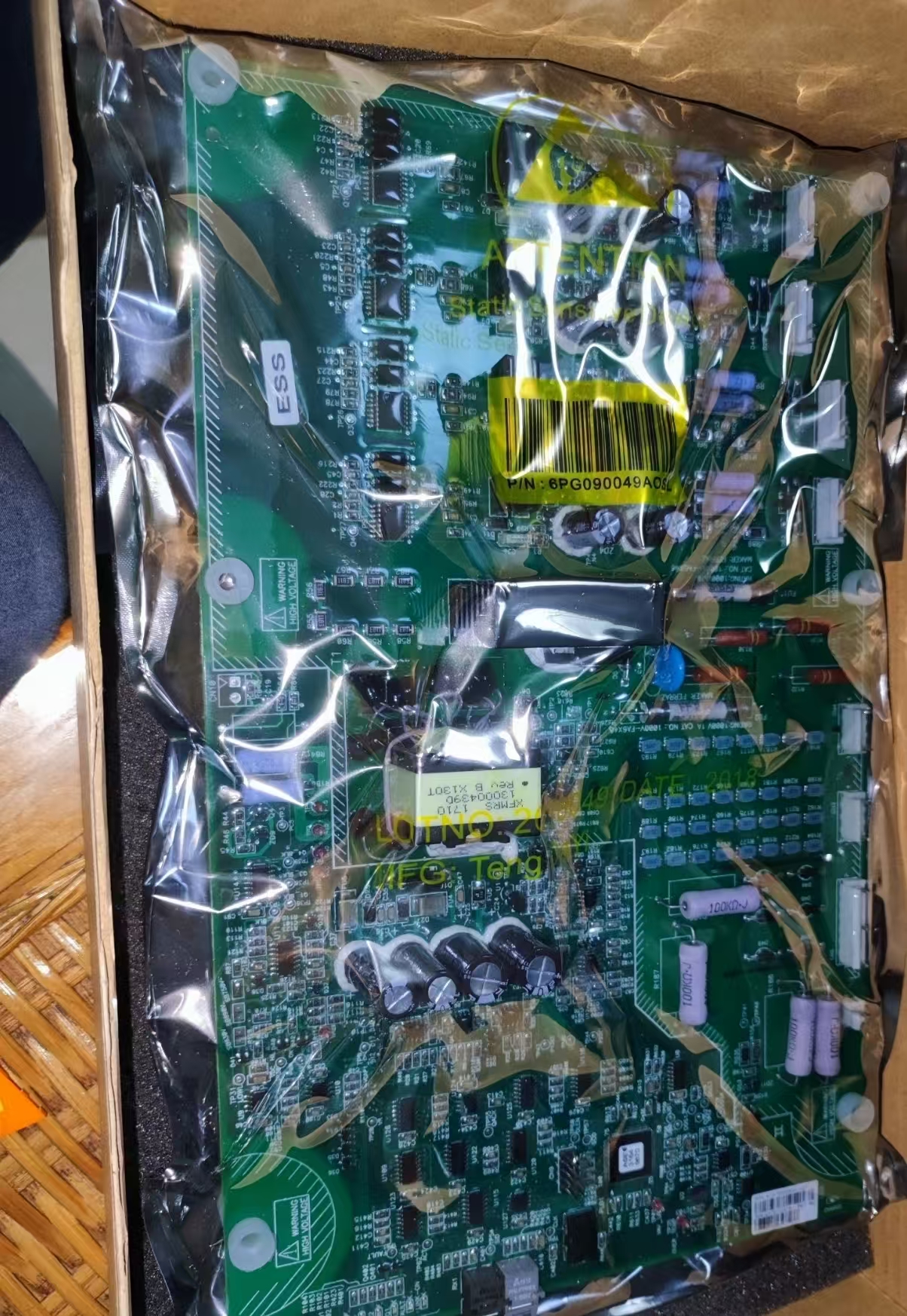Baku, October 29 (Xinhua) - Azerbaijan's oil industry is currently grappling with operational challenges stemming from the discontinuation of Siemens Robicon series control boards. According to industrial equipment supply channels, the core control boards of Siemens' Robicon series (such as model A1A10000432.72M) have been officially discontinued. This news has dealt a significant blow to many oil fields and refining enterprises in Azerbaijan that rely on this equipment, with some aging production lines trapped in maintenance dilemmas due to spare part shortages.
As an energy-exporting country where oil exports account for over 40% of its GDP, many key production areas in Azerbaijan, including the Azeri-Chirag-Deepwater Gunashli (ACG) oil field, have long relied on Siemens Robicon control systems for critical operations such as equipment start-stop and parameter adjustment. These control boards, serving as the "neural center" of the automation system, are directly linked to the stable operation of drilling platforms, oil pipelines, and refining equipment. An equipment supervisor at an oil field stated in an interview, "Some of our units commissioned before 2010 still depend on this series of control boards. Currently, the stock of spare parts can only last for 3 to 6 months. Once a failure occurs, we will face the risk of unplanned shutdowns."
This discontinuation is not an isolated incident. In recent years, Siemens has gradually advanced the iteration of aging industrial control products. Previously, the SIMATIC S7-300 series had already announced its obsolescence plan, and some aging Robicon control boards have been included in the discontinuation list due to technological upgrades and declining market demand. To make matters worse, Siemens' Azerbaijani branch completed liquidation as early as 2021, leaving local enterprises without direct access to original equipment manufacturer (OEM) technical support. Spare part procurement now requires coordination through third-party suppliers, resulting in a cost increase of over 30% and a delivery cycle extended from the original 2 weeks to 2-3 months.
The oil industry has extremely strict requirements for the stability of control systems. Similar cases have shown that failures in key control modules of petrochemical equipment can lead to full-line shutdowns, with the daily loss from unplanned shutdowns of a single set of equipment reaching millions of yuan. Currently, Azerbaijani oil enterprises are adopting multiple response measures: some enterprises are urgently purchasing second-hand spare parts from Europe as a temporary solution; large oil fields have launched tenders for control system upgrades, planning to replace aging equipment with compatible new programmable logic controller (PLC) systems; and other enterprises are collaborating with local technology companies to conduct reverse engineering, attempting to achieve localized replacement of key components.
Industry analysts point out that this control board discontinuation crisis has exposed the common problems in the energy industry, such as "prioritizing production over maintenance" and over-reliance on a single supply chain. Azerbaijan's oil industry has long depended on European and American equipment, lacking a strategic reserve system for key spare parts. Against the backdrop of global supply chain restructuring, it is more vulnerable to shocks. It is recommended that enterprises accelerate the process of localized replacement of equipment and establish a cross-regional spare part sharing mechanism to enhance the risk resistance capacity of industrial systems.
At present, Azerbaijan's Ministry of Energy has held special meetings with a number of technology enterprises to study and formulate subsidy policies for the upgrading and transformation of aging industrial control equipment. Relevant solutions are expected to be introduced within this year.

 TEL: Grace +86 13600179521
TEL: Grace +86 13600179521  Mail:jilineasyyi@outlook.com
Mail:jilineasyyi@outlook.com Q Q:info@hongkongeasy.com
Q Q:info@hongkongeasy.com ADDRESS:Unit 12, 20th Floor, Good View Commercial Centre, 2-16 Garden Street, Mong Kok, Hong Kong
ADDRESS:Unit 12, 20th Floor, Good View Commercial Centre, 2-16 Garden Street, Mong Kok, Hong Kong whats app
whats app

